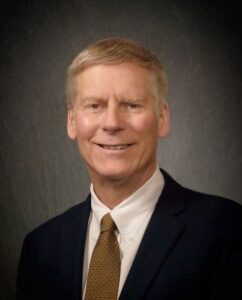Read Full Story on Michigan Economic Development Corporation Website
Alchemie co-founder and CEO Julia Winter spent 20 years teaching college-level chemistry courses at Detroit Country Day School. After implementing a successful summer school program, the award-winning educator began looking for a way to expand her face-to-face pedagogy to a more scalable digital format.
Julia and her co-founders, COO Carl Rundell and CTO Joe Engalan, started Alchemie with a mission to create innovative and intuitive digital learning technologies for students, and to make those tools accessible and affordable for students everywhere.
Alchemie’s technologies use a game-based approach to present tough science and engineering concepts in an innovative and engaging way, fusing commercial game design with content expertise to create intuitive and personalized learning experiences for students while providing real-time, data-driven insights to instructors.
From the earliest days of the company, Alchemie leveraged the tools offered by Michigan Economic Development Corporation (MEDC) to develop and commercialize its technologies and connect with the resources needed for startup success.
“When you’re coming up with an idea from scratch and you’ve never done this before it can be difficult to know where to start,” said Julia. “It was incredibly helpful to have MEDC’s resources available along the way to help us move Alchemie forward, and MEDC’s support has made a huge difference for us.”
Alchemie also utilized the Small Company Innovation Program (SCIP). Funded through the MEDC’s Michigan Corporate Relations Network (MCRN) and overseen by the University of Michigan’s Economic Growth Institute, SCIP helped Alchemie perform critical research around the efficacy of the company’s digital learning technologies. The quality and significance of the findings helped secure two peer-reviewed papers in top education journals.
Read Full Story on Michigan Economic Development Corporation Website


